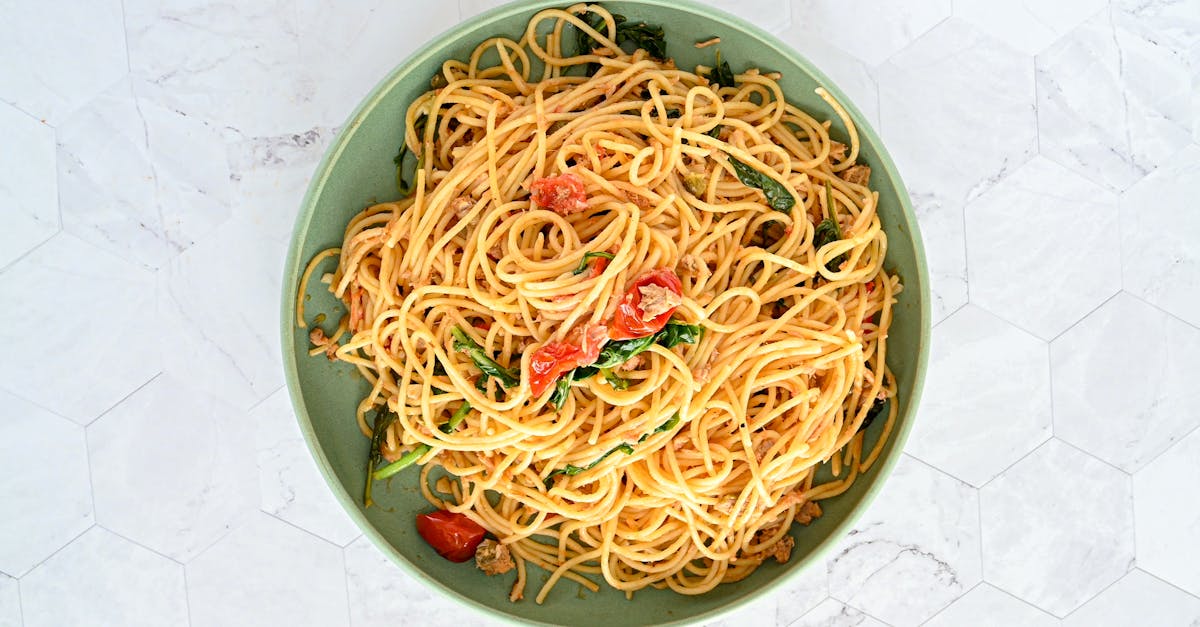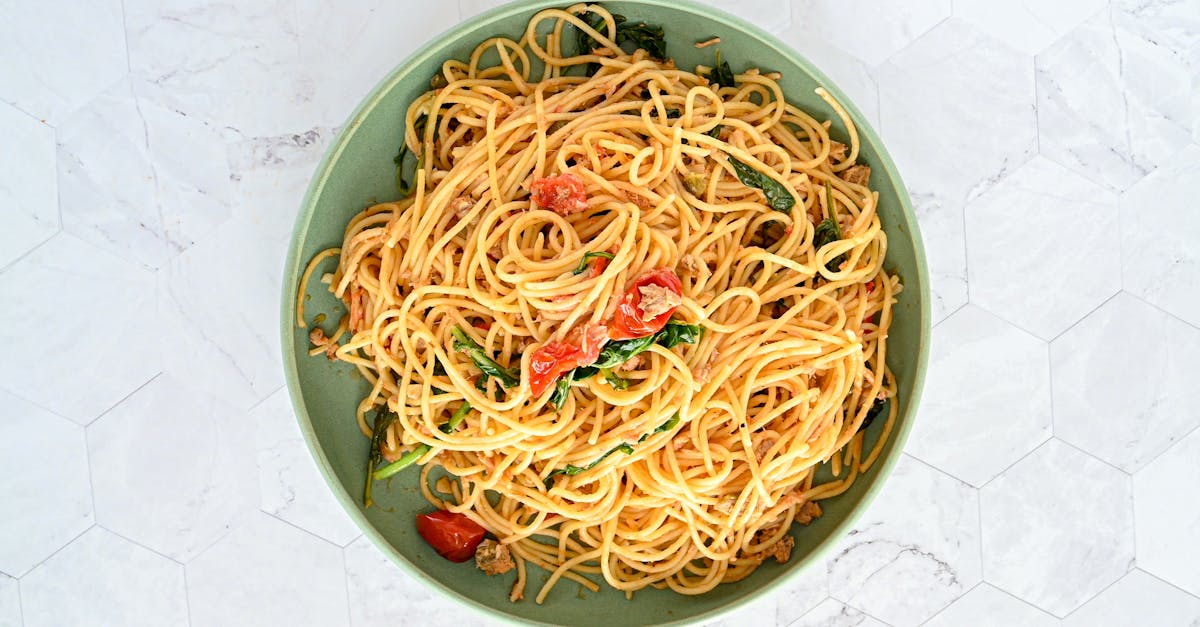How To Make The Perfect Omelette
Introduction
An omelette is a versatile dish that fits perfectly into any meal, be it breakfast, brunch, or dinner. With just a few ingredients and simple techniques, you can create a delightful and nutritious meal. In this guide, we'll explore how to make the perfect omelette, ensuring a fluffy and savory experience every time.
Advertisement
Gathering the Essentials
Before starting, it's crucial to have all your ingredients and tools ready. The basic elements of an omelette include eggs, salt, and butter or oil for cooking. Fresh vegetables, cheese, and herbs can be added for flavor. You’ll also need a non-stick skillet, a spatula, and a whisk or fork for beating the eggs.
Advertisement
Choosing the Right Pan
A non-stick skillet is your best friend when making an omelette as it prevents sticking and ensures even cooking. Choose a pan that’s not too large; an 8 to 10-inch skillet is ideal for 2 to 3 eggs. A heavy-bottomed pan helps in maintaining consistent heat distribution as well.
Advertisement
Preparing the Eggs
Crack the eggs into a bowl and add a pinch of salt. Using a whisk or fork, beat the eggs until the yolks and whites are fully combined, resulting in a smooth and uniform mixture. Beat the eggs just enough to mix them; over-beating can make the omelette dense.
Advertisement
Cooking the Omelette
Heat your skillet over medium heat and add butter or oil until it coats the bottom. Pour in the beaten eggs, tilting the pan gently to spread the mixture evenly. Allow the eggs to cook undisturbed for about a minute, until they start to set around the edges.
Advertisement
Adding the Fillings
Once the eggs start setting, add your choice of fillings like sautéed mushrooms, cheese, or herbs. Make sure you distribute the fillings evenly over one half of the omelette. Avoid overloading to prevent tearing the delicate egg base when folding.
Advertisement
Folding the Omelette
Gently fold the omelette in half using a spatula. Cook for another minute or two to ensure the center is fully cooked. The omelette should be golden on the outside and slightly moist on the inside, capturing all the flavors of the fillings.
Advertisement
Serving Suggestions
Transfer the omelette to a plate and garnish with fresh herbs like parsley or chives. Omelettes can be served solo or with a slice of crusty bread, a light salad, or seasonal fruit on the side. Accompanying your omelette with a hot beverage makes for a complete meal.
Advertisement
Common Mistakes to Avoid
Avoid overcrowding the pan with fillings to keep your omelette intact. Overcooking can lead to a rubbery texture, keeping the heat at medium ensures a smooth finish. Practice will improve your technique, making each omelette more perfected than the last.
Advertisement
Conclusion
Crafting the perfect omelette takes a bit of practice, but with the right technique and ingredients, it can be a culinary delight. Remember to keep experimenting with different fillings to find your perfect combination. By mastering the basics, you can enjoy a delectable omelette that impresses every time.
Advertisement


